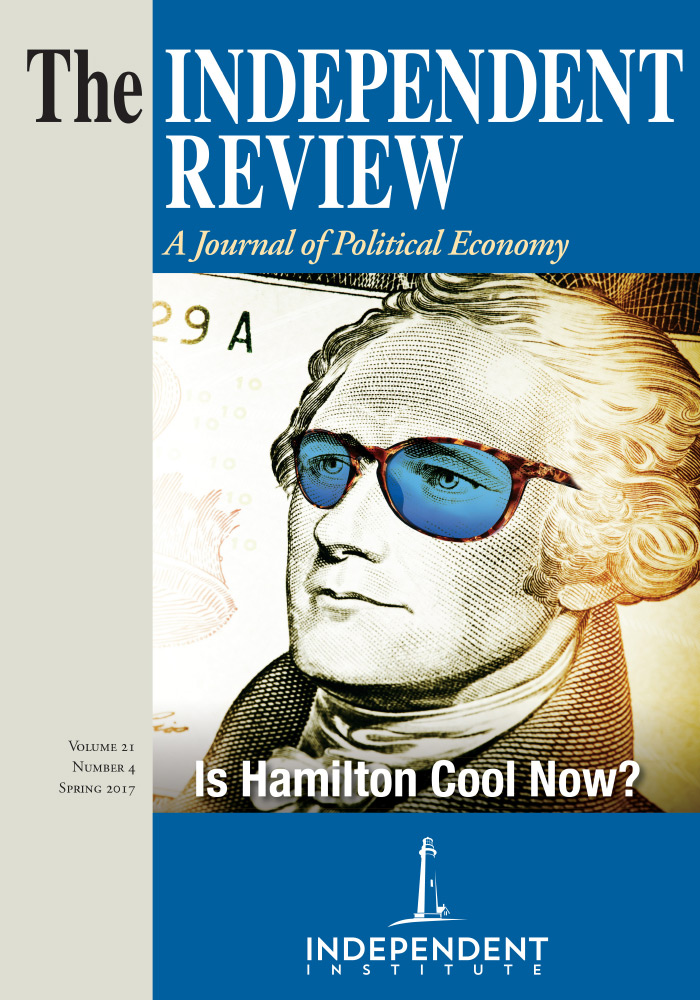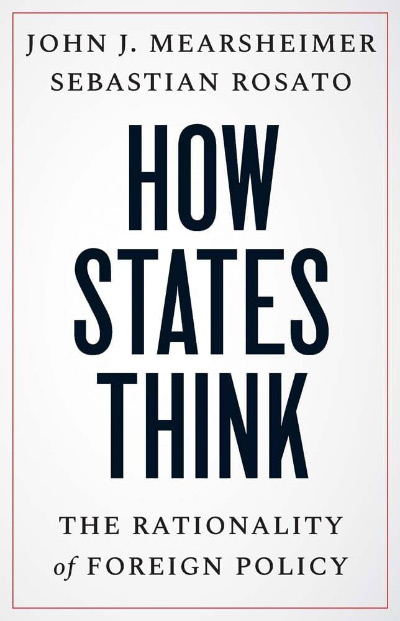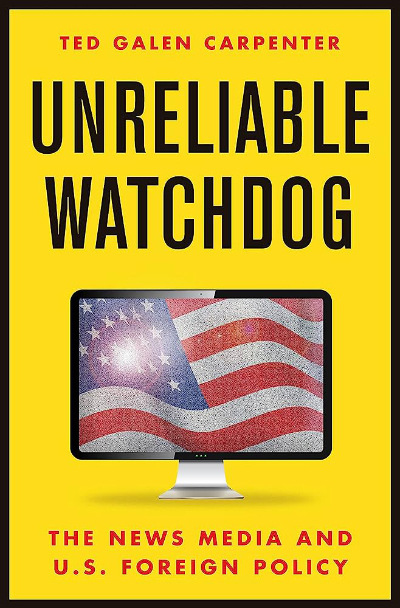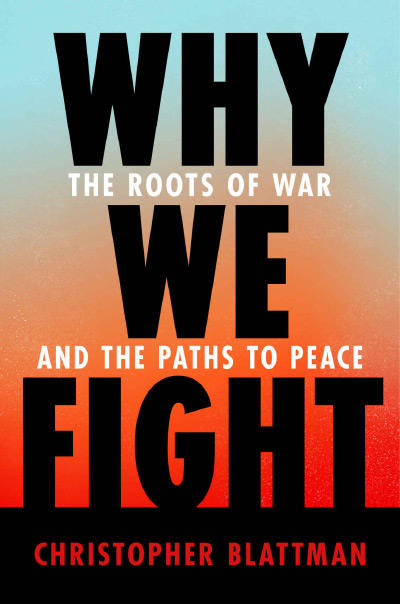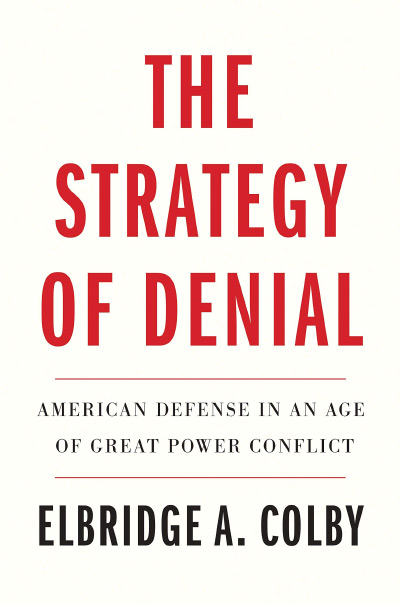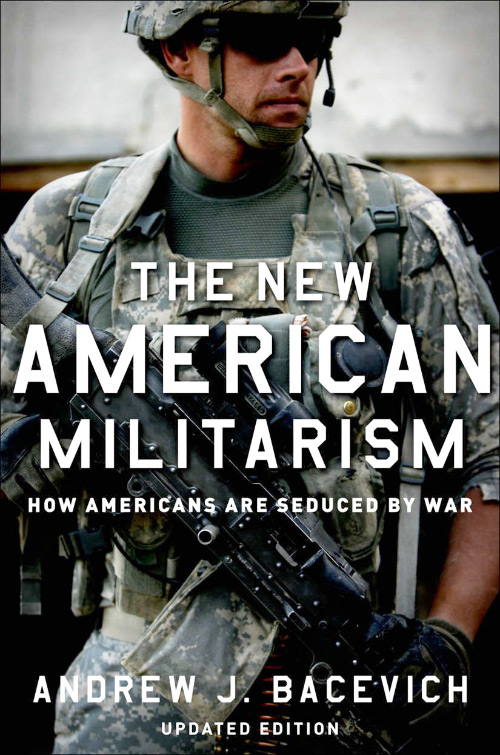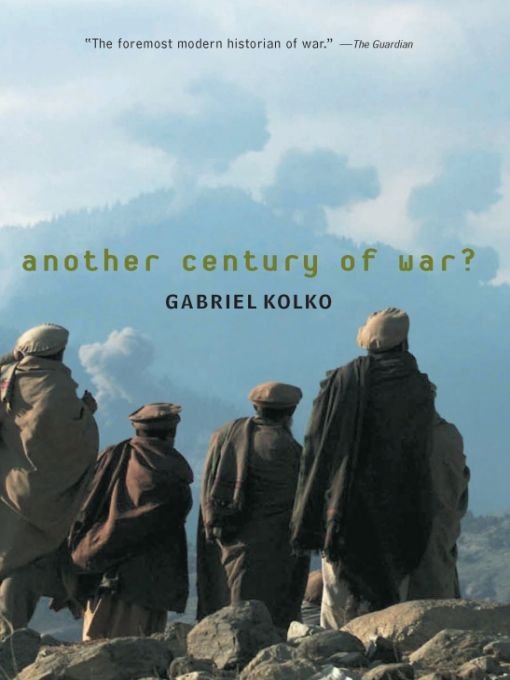Debriefing the President documents John Nixon’s experience as the first CIA officer to interrogate Saddam Hussein following his capture by U.S. forces in December 2003. The book is important both for its insights into Saddam the person and also for the broader lessons regarding the operations of the U.S. national security state.
Nixon’s book is likely to be a main source of information about Saddam Hussein following his capture and prior to his execution three years later. In this regard the book offers unique insights into Saddam’s personality and thought process prior to the U.S. invasion. It quickly becomes clear that much of what Nixon and the U.S. government thought they knew about Saddam was at best incomplete and at worst wrong.
Some of these misconceptions were relatively minor—e.g., the common view that Saddam had a team of body doubles (p. 19). Other revelations are more significant and sobering given the lives and treasure expended by the U.S. government on the invasion and occupation of Iraq. During the interrogations, for example, it is revealed that at the time of the U.S. invasion, Saddam was largely disengaged from running the Iraqi government, previously turning over these powers to his lieutenants. Instead of plotting with terrorists to harm the United States, Saddam was engaged in insignificant personal pursuits such as writing a novel. As Nixon writes, “In his final years, Saddam appeared to be as clueless as to what was happening inside Iraq as his British and American enemies were ... He was inattentive to what his government was doing and had no real plan to prepare for the defense of Iraq” (p. 137). This reality stands at odds with the common perception fostered by the U.S. government that Saddam was not only running the government, but that he posed an immediate and direct threat to U.S. citizens.
The interrogations reveal other interesting pieces of information. Saddam was confused by the U.S. government’s invasion and expected the United States to be his ally following the September 11 attacks. Nixon writes that “In Saddam’s mind, the two countries were natural allies in the fight against extremism and, as he said many times during his interrogation, he couldn’t understand why the United States did not see eye to eye with him” (p. 2). This runs counter to the conventional view that Hussein was hell bent on harming the United States at all costs.
In some instances, Saddam seems unaware, or unwilling, to understand the implications of his past, brutal actions. For example, in discussing the gassing of 5,000 Kurds in Halabja in 1988, he states that afterwards “[t]he Kurds lost their faith and trust in us” (p. 105) as if this is a surprising outcome. As Nixon comments on the exchange, “What made this statement so bizarre was that Saddam said it in a mournful way, as though he couldn't quite understand why the Kurds got so upset with him” (p. 105). After pushing Saddam on the use of chemical weapons in a subsequent interrogation session, Nixon sees his darker side and notes that “no one ever looked at me with such murderous loathing as Saddam did that day” (p. 149). By itself, the first-hand account of the interrogation is worth the price of the book for the insights it offers regarding Saddam, his time as president, and his perception of the U.S. government’s policy toward Iraq.
Debriefing the President also offers lessons regarding the realities of the U.S. national security state. The literature on the political economy of bureaucracy makes some general predictions about the operations of government agencies. For example, in the absence of profit and loss as a gauge success, bureaus are driven by the push to increase their size—budgets and number of employees—and scope—the portfolio of activities they undertake—since these factors affect their influence and power. As Nixon’s account illustrates, these dynamics were at work in intelligence agencies in the run-up to the Iraq invasion. In principle, the CIA is supposed to provide the executive branch with intelligence that is as accurate and objective as possible. However, the strong incentive of the bureau’s leaders to please the agency’s main customer—the President—can undermine this mission.
CIA Director George Tenet, Nixon argues, “was too eager to please the White House. He encouraged analysts to punch up their reports even when the evidence was flimsy, and he surrounded himself with yes men” (p. 194). Nixon claims that he attempted to write numerous reports indicating that the reasons for invading Iraq circulating throughout the government were based on false beliefs and premises. His reports were “met with what can only be described as feigned interest and an attitude of ‘This is not what we do’” (p. 9). Similarly, prior to the invasion internal reports suggested that Saddam was no longer running the country. These reports, however, were never communicated to policymakers and had no influence on the determination to go to war. This general lack of communication and interest in critical discussion compounded a broader culture that underpins U.S. foreign policy, one in which the government “reacts blindly to threats, whether communism or an Arab strongman, without pragmatically assessing the advantages of engagement and realpolitik” (p. 6-7).
Reading these and similar passages shatters the romantic view of the national security state. Among economists, national defense is the textbook example of a public good that must be provided by the state in the face of pervasive market failure. Similarly, many classical liberals, who otherwise purport to be critical of Big Government, are comfortable embracing Leviathan as long as it relates to matters of national security. From this perspective, security and defense are modeled as a service provided by an other-regarding government in the necessary quantity and quality to overcome market failure and further the general welfare. The case of Iraq illustrates the many weaknesses of this conventional view.
Once the Bush administration determined that they were going to remove Saddam from power, they closed off discussion from dissent that might run contrary to that goal. Myths regarding the threat of the Iraqi government to U.S. citizens were perpetuated to stoke public fear and fuel support for the impending military invasion. The CIA, headed by bureaucrats wanting to advance their own careers, was complicit in the charade, as information that might run counter to the administration’s desired narrative was filtered and sanitized. The result was the ongoing disaster that is Iraq.
As Nixon notes, the U.S. government “spent trillions of dollars and wasted the lives of thousands of men and women in the military only to end up with a country that is infinitely more chaotic than Saddam’s Ba’athist Iraq” (p. 222-3). This includes the rise of ISIS, which is “proving to be more violent and harder to stamp out than the ‘core’ al-Qaeda that masterminded 9/11 from its safe haven in Afghanistan” (p. 223). These realities are at direct odds with the widely accepted view that the national security state advances the welfare of citizens by benevolently making them safe from external threats.
At best, the Iraq fiasco is the result of a severely dysfunctional security state characterized by bureaucratic apathy and an institutional structure that encourages groupthink and the active squashing of critical dissent. At worst it is the result of a concerted effort by self-interested bureaucrats and elected officials pursuing their own narrow interests at the expense of the very citizens they purport to protect. Given what is at stake in matters of war and security, neither possibility is desirable.
Debriefing the President provides first-hand insight into Saddam Hussein while also pulling back the curtain on the operations of the U.S. national security state. In doing so it illuminates some of the main pathologies that plague the security state and the resulting limits on what government can accomplish in practice. These limits are much greater than many policymakers, citizens, and classical liberals are willing to appreciate and accept. Until they do, we can expect the failures of Iraq to be repeated in the future.
| Other Independent Review articles by Christopher J. Coyne | ||
| Spring 2025 | The Nuclear Ratchet: Crisis, Leviathan, and Atomic Weapons | |
| Spring 2025 | What’s the Worst That Could Happen?: Existential Risk and Extreme Politics | |
| Spring 2024 | Murray Rothbard on War and Foreign Policy | |
| [View All (48)] | ||

